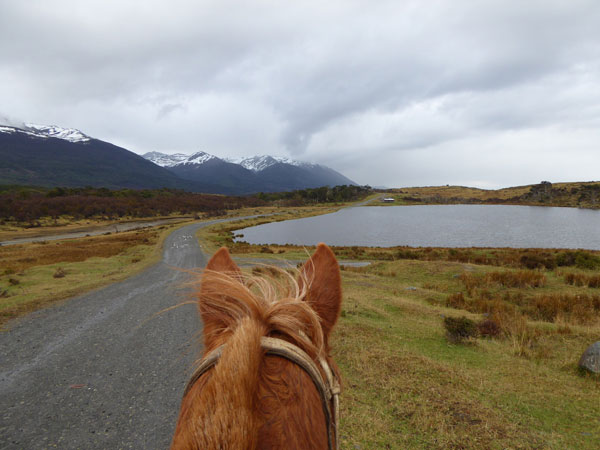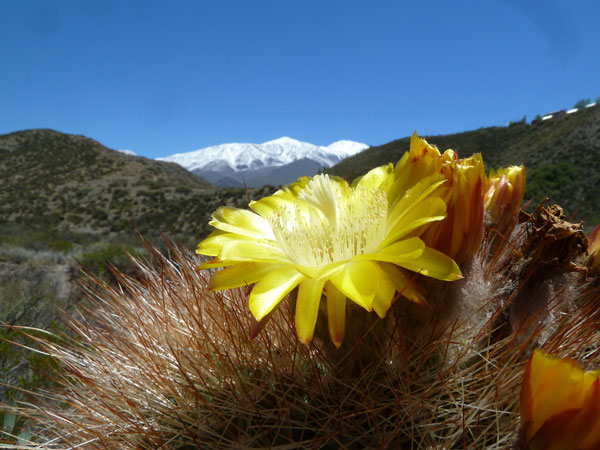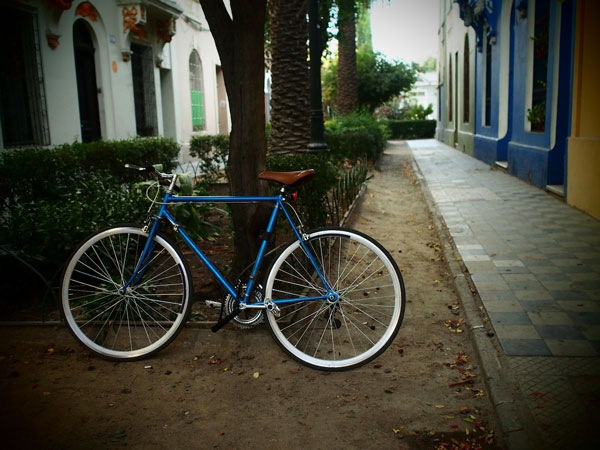Every finger has a name in English. There’s the thumb, the pointer, middle finger, ring finger, and little finger or (my favorite) pinky. As chidren, though we are encouraged not to point directly at people, we are taught to point at things (for example, a word in a book), using the pointer. It makes sense. You point with the pointer.
The fingers also have names in Spanish, in the same order they are pulgar, dedo índice, dedo medio, dedo anular, and dedo meñique, which is pretty much the cutest name I’ve ever heard for the little finger, perhaps even cuter than “pinky.”
I always thought that pointing at something with your pointer, or dedo índice was universal, until I started working with lots of people from Latin America and the Middle East. Whereupon I came upon the dreaded middle-finger-point, exhibited here:
It just looks so foul, so rude. It makes me wonder what it looks like to them if they see me pointing with my index finger. Does it look foolish, like pointing with your elbow? Or perhaps too pushy, all little and insistent. The middle finger makes sense. It’s longer than the pointer, and in my case, it’s really a better-looking finger.
And since you’re all wondering what is going on there under that middle finger, I’ll explain. This was taken on the street in Cartagena, Colombia in 2006, where my then-6-month-pregnant sister and then six-year-old-niece and I spent a lovely week sweating buckets and drinking lulo juice by the boatload in February of 2006. On the street one day I saw a group of people playing Parqués, which is the Colombian name for a game either similiar to or exactly the same as Parcheesi, depending on who you ask. Parcheesi is the American adaptation of the Indian game Pachisi, for the word for 25 in Hindi. In Chile it’s called Ludo, which comes from the Latin for game, giving rise also to the word lúdico, which means playful, or game-like.
And more than anything, what I’m struck by in this picture is that I can’t remember the last time I played a board game, in my house or on the street. I love the idea that people take the time to spend time with other people, kibbitzing and playing games that marry luck and skill outside. In the United States there’s a culture of chess in certain places. In lots of Latin America it’s dominoes. And in Colombia, apparently it’s Parqués. Which, if you think about it, is very lúdico.












In Sweden the fingers are called tummetott, slickepott, långeman, gullebrand, & vickevire which to me is an adorable name for a pinky, but I think it's because it sounds like "Vicky – veereh" and I then think of a cute little Vicky who has gotten herself into trouble.